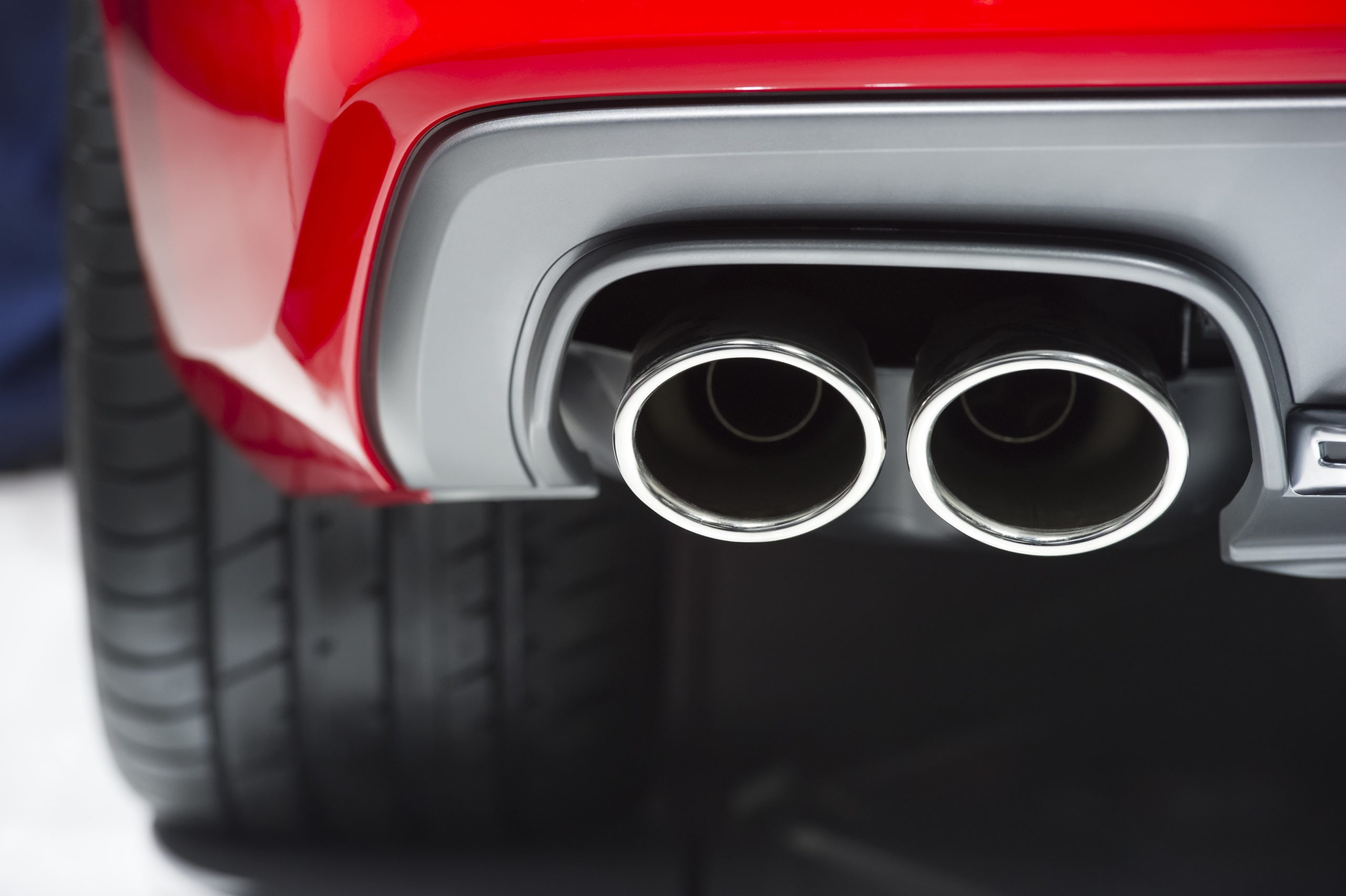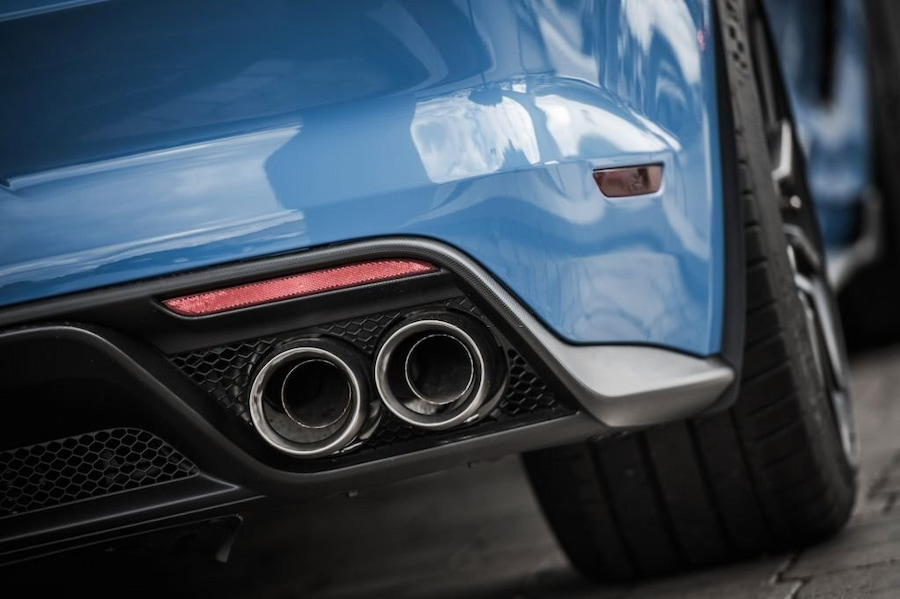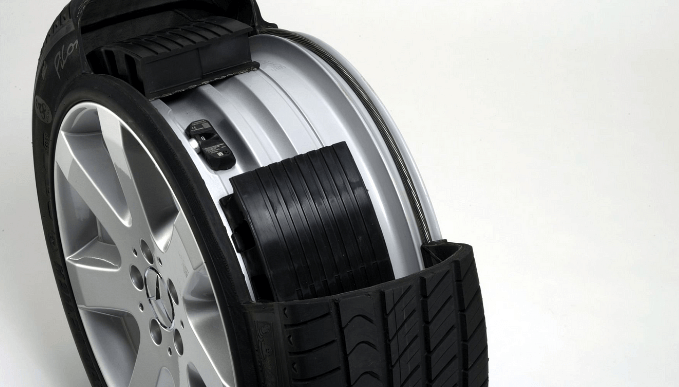How To Reduce the Noise of Car Exhaust System?

Contents [show]
Introduction:
Reducing the noise of a car exhaust system is essential for various reasons, such as complying with noise regulations, enhancing driving comfort, and minimizing the impact on the environment. A noisy exhaust system can be annoying to both the driver and bystanders, and excessive noise can contribute to noise pollution. In this comprehensive guide, we will explore various methods to reduce the noise generated by a car’s exhaust system.
The performance exhaust system enhances the vehicle’s engine efficiency, optimizing power and torque while producing a captivating deep growl, resulting in an exhilarating driving experience with improved acceleration and overall performance.
How To Reduce The Noise Of Car Exhaust Systems?
Understanding Exhaust Noise:
The first step is to understand the sources of exhaust noise. The main contributors include engine combustion noise, exhaust gas flow noise, and vibration of the exhaust components. Each of these elements plays a role in the overall noise level of the exhaust system.
Upgrade to High-Quality Mufflers:
Mufflers are essential components that help dampen and reduce exhaust noise. Upgrading to high-quality mufflers designed for noise reduction can make a significant difference. Look for mufflers with multiple internal baffles or sound-absorbing materials that help in attenuating noise without compromising performance.
Optimize the Exhaust Piping:
The diameter and length of the exhaust piping can impact the noise level. Larger diameter pipes tend to reduce backpressure but can lead to increased noise. On the other hand, smaller diameter pipes can create more backpressure, affecting engine performance. Finding the right balance is crucial, and consulting with automotive experts can help optimize the exhaust piping for your specific vehicle.
Consider Resonators:
Resonators are additional components installed in the exhaust system to cancel out certain frequencies of exhaust noise. They work by creating sound waves that counteract the undesirable ones. Adding resonators strategically can help achieve a quieter exhaust system.
Install Exhaust Insulation Wraps:
Exhaust insulation wraps are heat-resistant materials wrapped around the exhaust pipes. Apart from reducing heat emissions, they can also dampen noise. However, be cautious about the material used, as some low-quality wraps may cause excessive heat retention and damage the exhaust system.
Replace Exhaust Hangers and Mounts:
Worn-out or damaged exhaust hangers and mounts can cause the exhaust system to rattle and create noise. Replacing these components can ensure a secure and noise-free fit.
Engine Tuning:
Sometimes, excessive exhaust noise may be a result of engine tuning issues. A well-maintained engine with appropriate ignition timing, fuel-air mixture, and valve adjustments can contribute to a quieter exhaust.
Address Exhaust Leaks:
Exhaust leaks can amplify noise levels. Check for any leaks in the exhaust system and promptly repair them to minimize noise and improve overall efficiency.
Utilise Sound Deadening Materials:
Sound-deadening materials can be installed inside the car’s cabin to help muffle noise coming from a variety of sources, including the exhaust. To make the ride quieter, these materials can be used on the floor, doors, and roof.
Think About the Law and the Environment:
Learn about regional noise ordinances and emissions guidelines before making any changes to your car’s exhaust system. Some modifications could breach the car’s warranty or possibly be against the law. Make sure that any changes you make abide by all applicable laws and environmental regulations.
Seek Professional Help:
Reducing exhaust noise can be complex, and seeking assistance from automotive professionals or mechanics experienced in exhaust system modifications is advisable. They can offer personalized solutions for your specific car model.
Personal Preference:
Ultimately, remember that noise reduction is subjective. Consider the intended use of your vehicle and your personal preferences when choosing the appropriate methods for reducing exhaust noise.
Choose Suitable Tires:
Tire choice affects road noise significantly. Opt for tires with lower noise ratings for a quieter ride.
Regular Maintenance:
Keep up with regular maintenance of the exhaust system, as well as the engine, to ensure optimal performance and noise reduction.
Use Helmholtz Resonators:
Helmholtz resonators are specifically designed to target certain exhaust frequencies. Installing them can help cancel out specific noise peaks.
Switch to Electric Cutouts:
Electric exhaust cutouts provide the option to redirect exhaust gases away from the muffler, effectively bypassing it and reducing noise when desired.

Consider a Performance Exhaust System:
Some performance exhaust systems are designed to enhance engine performance while reducing noise. Research options that suit your vehicle and preferences.
Opt for Reflective Insulation:
Consider using reflective insulation, which bounces sound waves away from the exhaust system and reduces noise emission.
Add Heat Shields:
Install heat shields around the exhaust system components to dampen vibrations and reduce the transfer of noise to other parts of the vehicle.
Conclusion:
Reducing the noise of a car’s exhaust system involves understanding the components of the exhaust system and employing various noise reduction techniques. Upgrading to high-quality mufflers, resonators, and catalytic converters, optimizing exhaust piping, checking for leaks, using sound-deadening materials, and considering engine tuning are among the methods to achieve a quieter exhaust system.
Always be mindful of local regulations and ensure that any modifications made to the exhaust system comply with noise and emissions standards. By following these steps, you can create a more enjoyable and environmentally friendly driving experience with reduced exhaust noise.
Also, read this: Automatic Car Wash Machines vs. Traditional Hand Washing: Navigating the Pros and Cons





